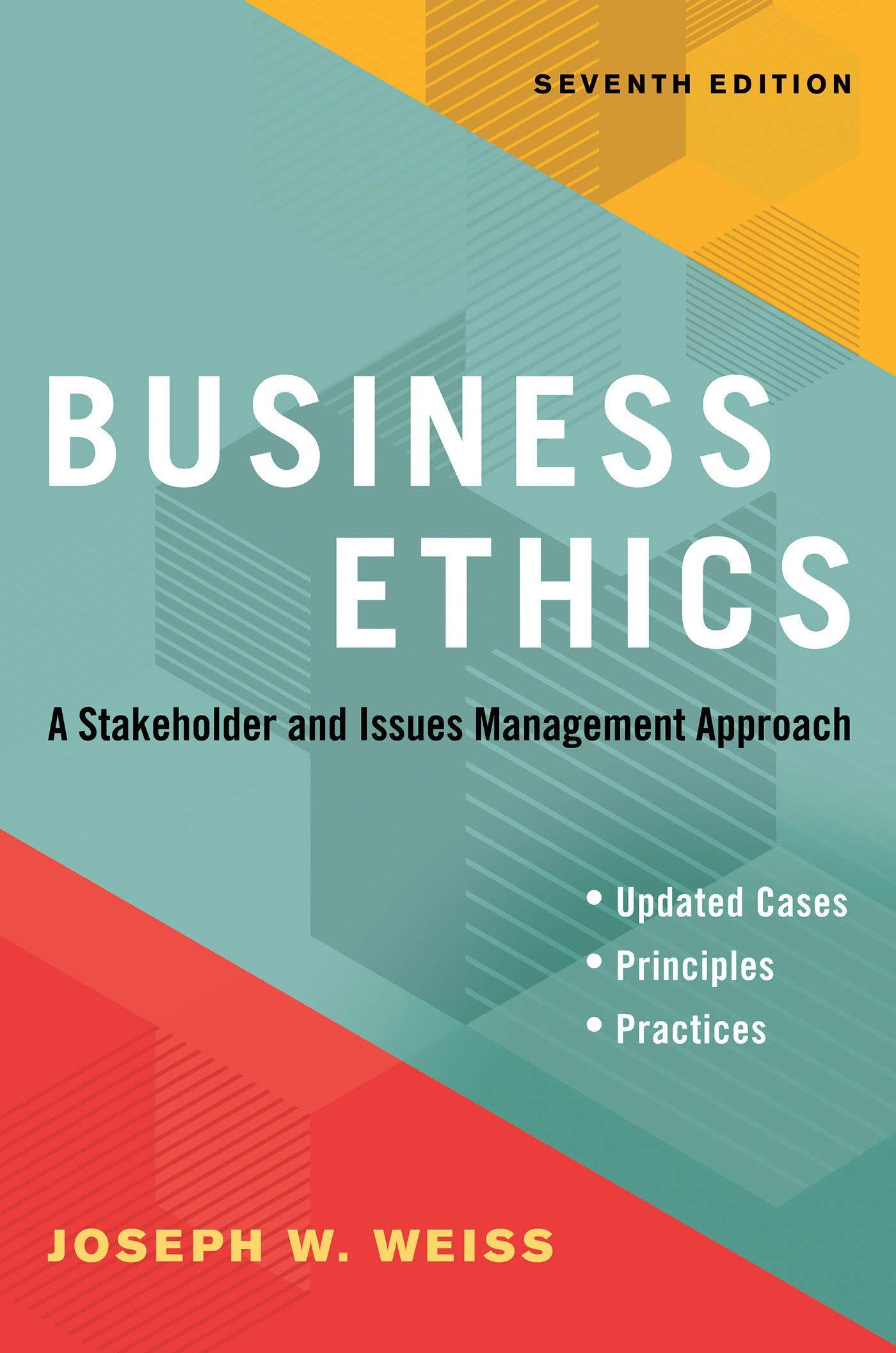Answered step by step
Verified Expert Solution
Question
1 Approved Answer
Lyft Founded in 2012, Lyft is now an $11 billion ride-hailing company, second in the industry to Uber alone. Lyft along with Uber has been
Lyft Founded in 2012, Lyft is now an $11 billion ride-hailing company, second in the industry to Uber alone. Lyft along with Uber has been criticized for contributing to emissions and increasing congestion, however, the company is taking steps to work towards better solutions. In 2017, the ride-sharing service shared its 2025 climate impact goals which also include a switch to autonomous electric vehicles powered by renewable energy and reducing overall CO2 emissions in the transportation sector. “Paul Hawken’s Ecology of Commerce demonstrates how industry and the environment do not have to be at odds, and if we work to find the right solutions, the two can (and must) work together.” This excerpt from the Lyft co-founders’ carbon-neutral announcement communicates the drive behind the company’s sustainable initiative. To take their concern for the environment and communities one step further, Lyft also took on a multi-million-dollar investment to make all their rides carbon neutral. Their carbon-neutral pledge directly funds emission mitigation efforts, including the reduction of emissions in the automotive manufacturing process, renewable energy programs, forestry projects, and the capture of emissions from landfills. By 2019, Lyft spent well over $2 million on carbon credits. This is equivalent to 2,062,500 metric tons of carbon – the amount Lyft estimates it emits across its entire operations. The effort to go carbon-neutral falls in line with Lyft’s larger marketing strategy. The ride-sharing app has consistently focused on friendly, easy-going community-based messaging. This marketing angle has largely contributed to its success. In 2017, Lyft was in control of a third of the US ride-sharing market while Uber was losing part of its own. This initiative creates a strong association in the minds of the consumer – Lyft cares about offering its riders the best possible option. In turn, this large-scale perception snowballs into greater customer retention and acquisition rates.
Step by Step Solution
There are 3 Steps involved in it
Step: 1
Question 1 Corporate Social Responsibility and Lyfts Approach There are two main perspectives on corporate social responsibility CSR 1 Classical Economic View This view prioritizes shareholder value a...
Get Instant Access to Expert-Tailored Solutions
See step-by-step solutions with expert insights and AI powered tools for academic success
Step: 2

Step: 3

Ace Your Homework with AI
Get the answers you need in no time with our AI-driven, step-by-step assistance
Get Started


